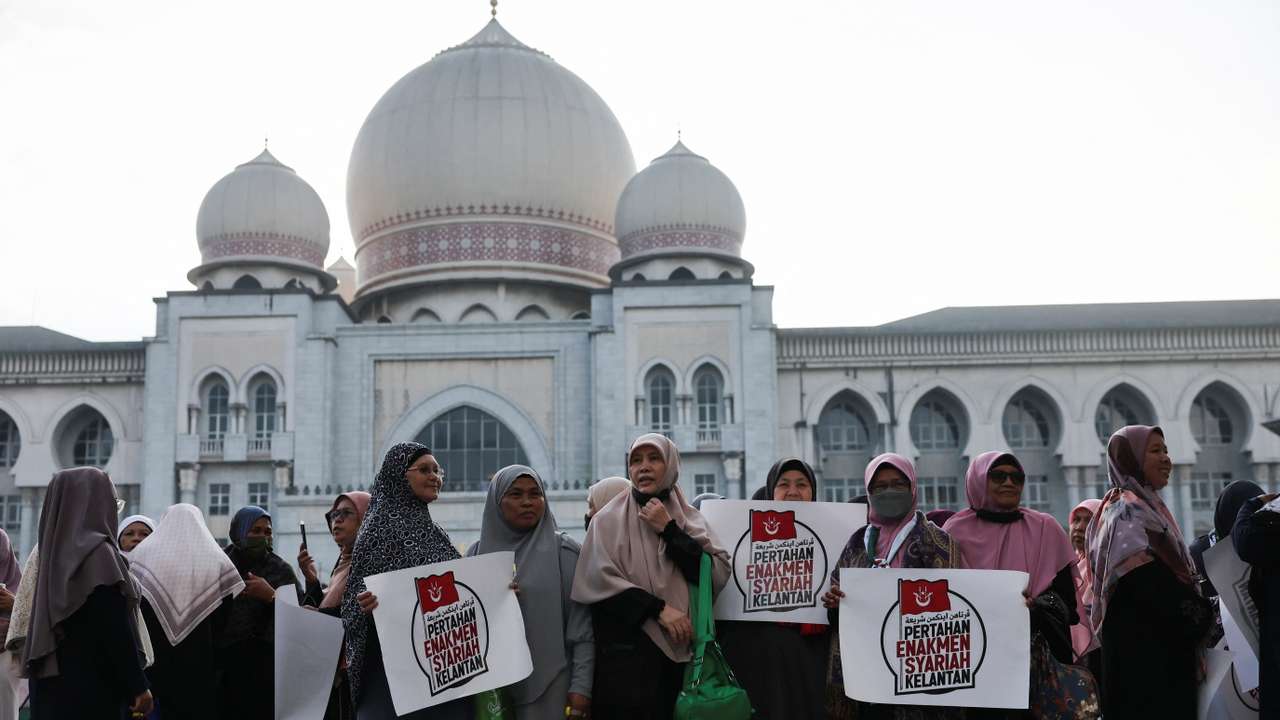Malaysia Roundup: Ramadan, geological services, visit of Indonesian president-elect

Distribution of food from Ramadan bazaars to needy
The Shah Alam City Council in Malaysia has implemented a successful initiative to collect and distribute unsold food from Ramadan bazaars to low-income households and students. “We are very grateful to MBSA for this service because as students, we don’t have much money, and we are always trying to stretch our allowance,” said one student. According to the Strait Times, this effort has also been adopted by other local authorities to reduce food waste and support underprivileged residents in Penang and foreigners during Ramadan.
Strategic plan to enhance geological services
The Ministry of Natural Resources and Environmental Sustainability in Malaysia has launched the Board of Geologists Malaysia Strategic Plan 2023-2040 intending to enhance geological services and meet the growing demand. The plan restricts the provision of exploration and mining reports to registered professionals, positioning Malaysia among the countries where geologists hold professional status. Additionally, community-centred development programmes based on geological principles have been initiated, including the establishment of the National Geological Disaster Centre and green mining initiatives, local media Malay Mail reported.
Visit of Indonesian President-elect
Indonesian President-elect, Prabowo Subianto, engaged in discussions with Malaysian Prime Minister Anwar Ibrahim to strengthen bilateral ties. Subianto's regional tour included visits to China and Japan, emphasising strong relationships with both countries as part of his preparation to succeed Joko Widodo as the president in October.
Buy Now Pay Later market to reach $4.76 billion by 2029
The Buy Now Pay Later (BNPL) market in Malaysia where consumers can make purchases and pay for them over time after an up-front payment is projected to reach $4.76 billion by 2029, driven by increased e-commerce activities and consumer preference for flexible financing. The growth is signified by an expanding consumer base and the adoption of novel business models, presenting strategic opportunities for potential entrants and existing players in the marketplace.
Singapore restricts sale of contaminated mussels from Malaysia
Singapore has restricted the supply and sale of mussels from Port Dickson, on Malaysia’s west coast, south of the nation's capital Kuala Lumpur following reports of eight cases of food poisoning caused by contaminated mussels. In response, Singapore’s seafood suppliers and retailers have implemented measures to ensure the safety of their products.